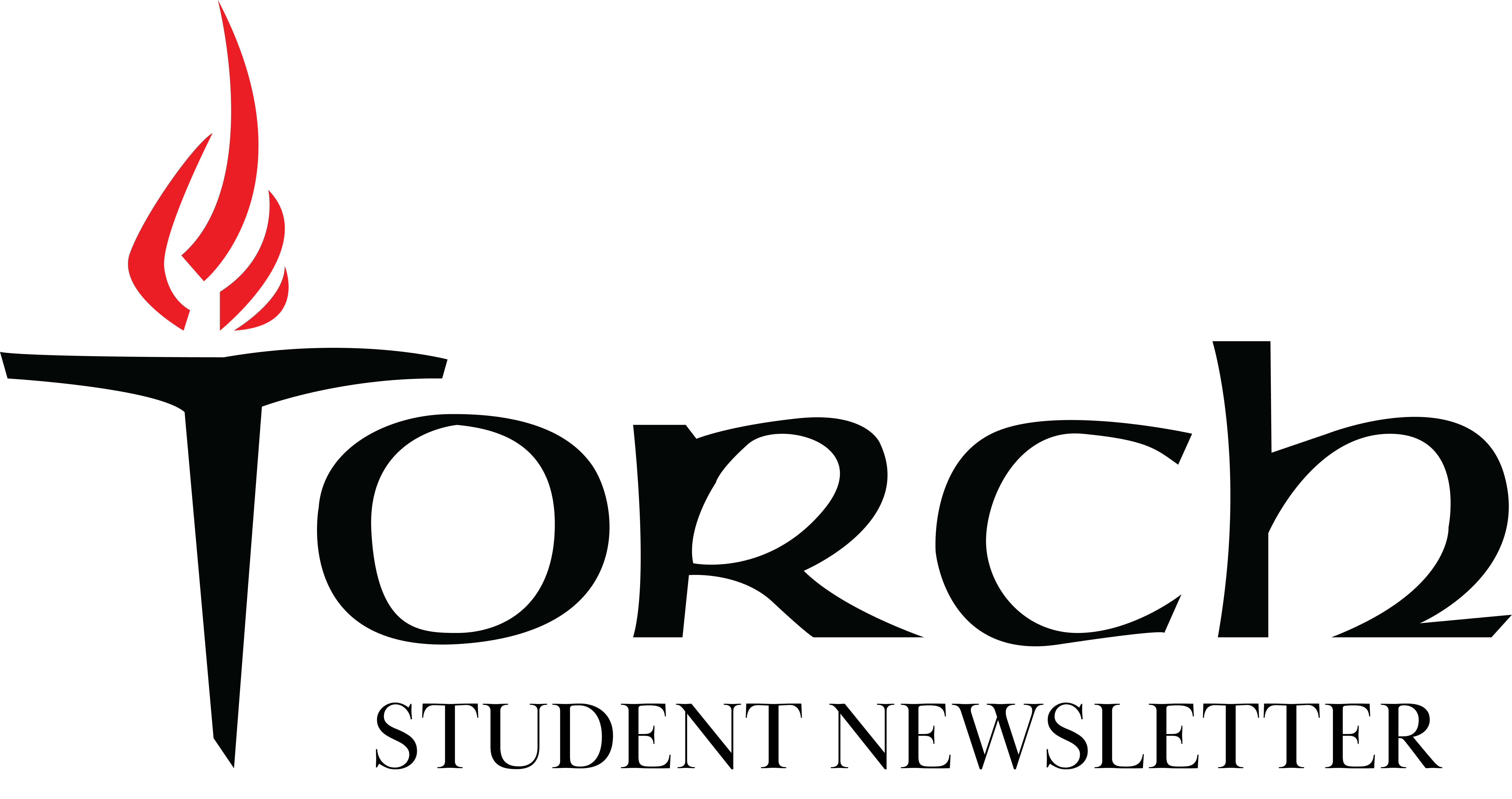China is well-known for imposing restrictive trade policies on countries with whom it is dissatisfied with. The latest block came right before Nancy Pelosi’s travel to Taiwan, raising questions about whether China restricted the shipments on purpose. These shipments are of alcoholic beverages, such as Taiwan-made beer. Furthermore, the ruling Democratic Progressive Party (DPP) asserted that the import bans are political in nature.
As mentioned previously, Taiwan is not the only country to receive this policy. Australia is one of the many countries that China banned imports from as well. In 2020, Australian products such as coal, barley, seafood, and wine were restricted for the sole reason that China did not like the country’s support for probing the origins of the well known disease, COVID-19.
In 2021, a year before Pelosi visited Taiwan, China started banning pineapples and custard apples. This was only a small incident compared to what happened in 2022. Chio Choi-cheng, the deputy chair of Taiwan’s policy making Mainland Affairs Council, states that, “In the past, China hit single products from the primary sector such as specific fruit or fish – that way, they keep the overall macroeconomic impact on Taiwan limited but could target regions where the Democratic Progressive party is strong.”
The banned imports vary from fresh vegetables to manufactured food, giving the totalitarian regime enormous extortion power. China is Taiwan’s largest export market, accounting for 42% of total exports, with equipment and electrical products dominating (Tan, 2022).
Despite this, China’s Taiwan Relations Bureau reports that 63 Taiwanese enterprises have been freed from the ban and would be able to restart shipments to the country in 2023. Taiwan’s Mainland Affairs Council (MAC) and Beijing remain at odds, with the former constantly asking the latter to explain which paperwork Taiwanese business operators must fill out. The Chinese authorities either did not reply or provided ambiguous responses.
The following products below are all the banned imports from Taiwan to China:
- Tea leaves
- Vegetables
- Dried fruit
- Honey
- Cocoa beans
- Seafood
- Baby food
- Pastry
- Candy
- Pineapples
- Custard apples
- Alcohol
Of course, there are many more products that have been banned, but these are just the ones that have been repeatedly banned for years. Banned imports are not the only problems causing tension between Taiwan and China. China’s military jets and their threat of invasion has continue to cause strain on the relationship between the two countries. Though this issue may be temporarily resolved, who knows when it will arise again.
References
Chen, K. (2023, January 31). China lifts import ban for 63 Taiwanese businesses. Taiwan News. https://www.taiwannews.com.tw/en/news/4794383
Lin S. (2022, August 2). China bans imports of 3,000 food products from Taiwan. RTI Radio Taiwan International. https://en.rti.org.tw/news/view/id/2007974
Tan, H. (2022, August 3). China has banned more than 2,000 Taiwan food imports amid Pelosi’s visit as Beijing steps up trade weaponization. Business Insider. https://www.businessinsider.com/china-bans-thousands-taiwan-food-imports-pelosi-visit-weaponize-trade-2022-8










